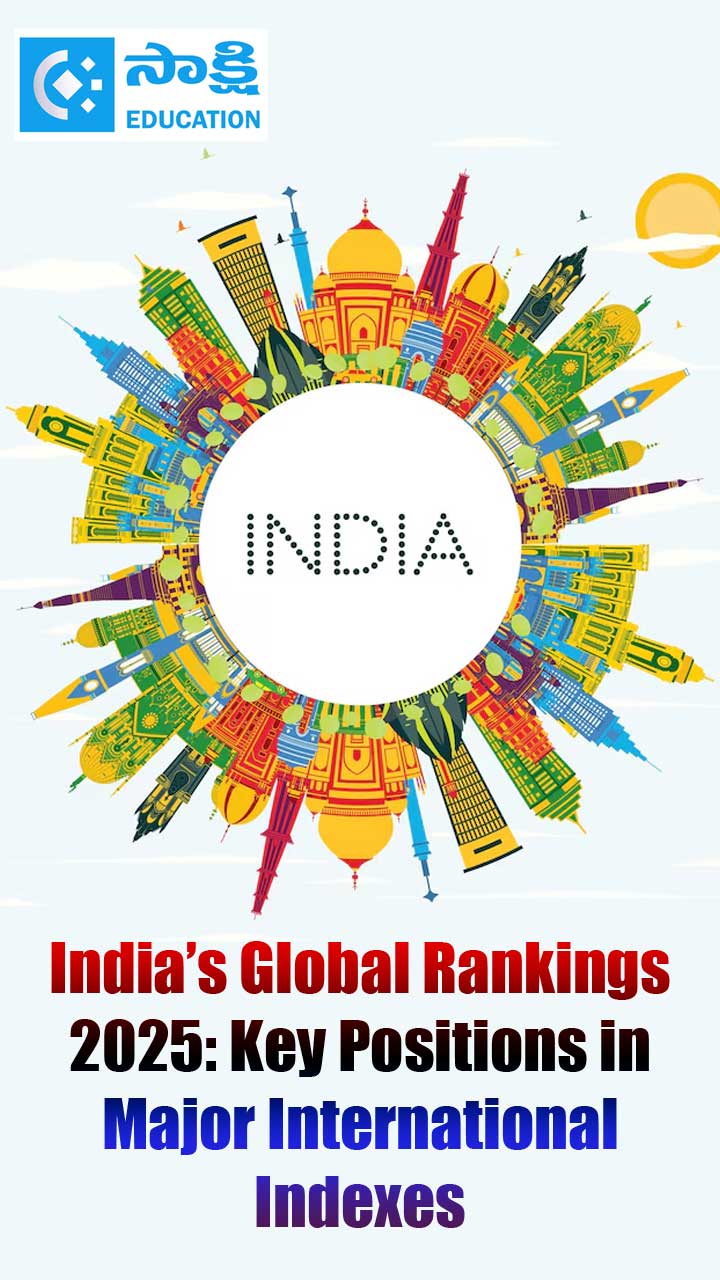What is metallurgy engineering? Which institutes in Telugu speaking states offer B.Tech. in the subject?
- Siddhartha, Vishakapatnam.
Question
What is metallurgy engineering? Which institutes in Telugu speaking states offer B.Tech. in the subject?
Metallurgy engineering deals with extraction, processing or trade of metals. Metallurgical engineers find employment in government, public and private.
College of Engineering, Jawaharlal Nehru Technological University, Hyderabad offers B.Tech. in Metallurgical Engineering. The eligibility criterion is Intermediate with Mathematics, Physics and Chemistry. Admission is based on performance in entrance test.
For details, log on to jntuhceh.org/
National Institute of Technology, Warangal offers B.Tech. in Metallurgical Engineering. The eligibility criterion is 10+2 with Mathematics, Physics and Chemistry. Admission is based on performance in Joint Entrance Examination.
For details, log on to www.nitw.ac.in/
Some examples of organisations that hire metallurgical engineers are Tata Steel, SAIL, NALCO, Sponge Iron India Limited, Hindustan Copper Ltd, NTPC, State Electricity Board, DMRC, ISRO, DRDO and Railways. These organisations hire fresh graduates for their entry-level positions whenever there is requirement. Most of them notify about the openings in national dailies and employment news. Their selection processes vary. Typically, they include entrance examination and interview. For more details, visit their websites. Some common roles in the field are Safety engineer, Welding engineer, Quality planning engineer, Plant equipment engineer, Researcher and Consultant.
The field of metallurgy offers bright career prospects in the area of research also. For instance, organisations like BDL and ISRO carry out research on metals. The career of a metallurgical engineering is both challenging and lucrative.
To improve your career prospects you should maintain consistent academic record. So study hard and perform well in your exams. The recruitment process usually includes written test. So practice taking competitive tests. Do not limit your studies to your syllabus. Go beyond it and acquire as much knowledge as you can. Read relevant material on the Internet and journals. Another important factor that determines your success is communication skills. So work on them right from now.
College of Engineering, Jawaharlal Nehru Technological University, Hyderabad offers B.Tech. in Metallurgical Engineering. The eligibility criterion is Intermediate with Mathematics, Physics and Chemistry. Admission is based on performance in entrance test.
For details, log on to jntuhceh.org/
National Institute of Technology, Warangal offers B.Tech. in Metallurgical Engineering. The eligibility criterion is 10+2 with Mathematics, Physics and Chemistry. Admission is based on performance in Joint Entrance Examination.
For details, log on to www.nitw.ac.in/
Some examples of organisations that hire metallurgical engineers are Tata Steel, SAIL, NALCO, Sponge Iron India Limited, Hindustan Copper Ltd, NTPC, State Electricity Board, DMRC, ISRO, DRDO and Railways. These organisations hire fresh graduates for their entry-level positions whenever there is requirement. Most of them notify about the openings in national dailies and employment news. Their selection processes vary. Typically, they include entrance examination and interview. For more details, visit their websites. Some common roles in the field are Safety engineer, Welding engineer, Quality planning engineer, Plant equipment engineer, Researcher and Consultant.
The field of metallurgy offers bright career prospects in the area of research also. For instance, organisations like BDL and ISRO carry out research on metals. The career of a metallurgical engineering is both challenging and lucrative.
To improve your career prospects you should maintain consistent academic record. So study hard and perform well in your exams. The recruitment process usually includes written test. So practice taking competitive tests. Do not limit your studies to your syllabus. Go beyond it and acquire as much knowledge as you can. Read relevant material on the Internet and journals. Another important factor that determines your success is communication skills. So work on them right from now.






